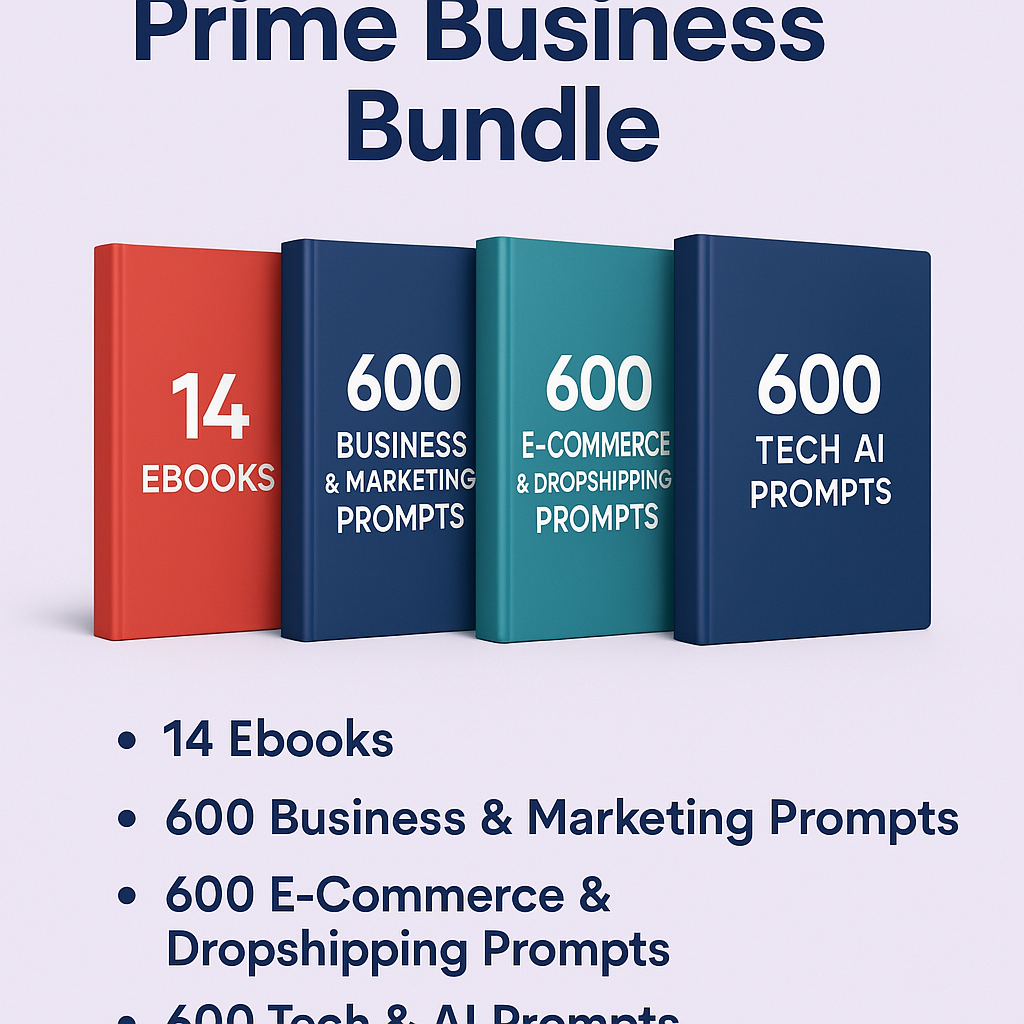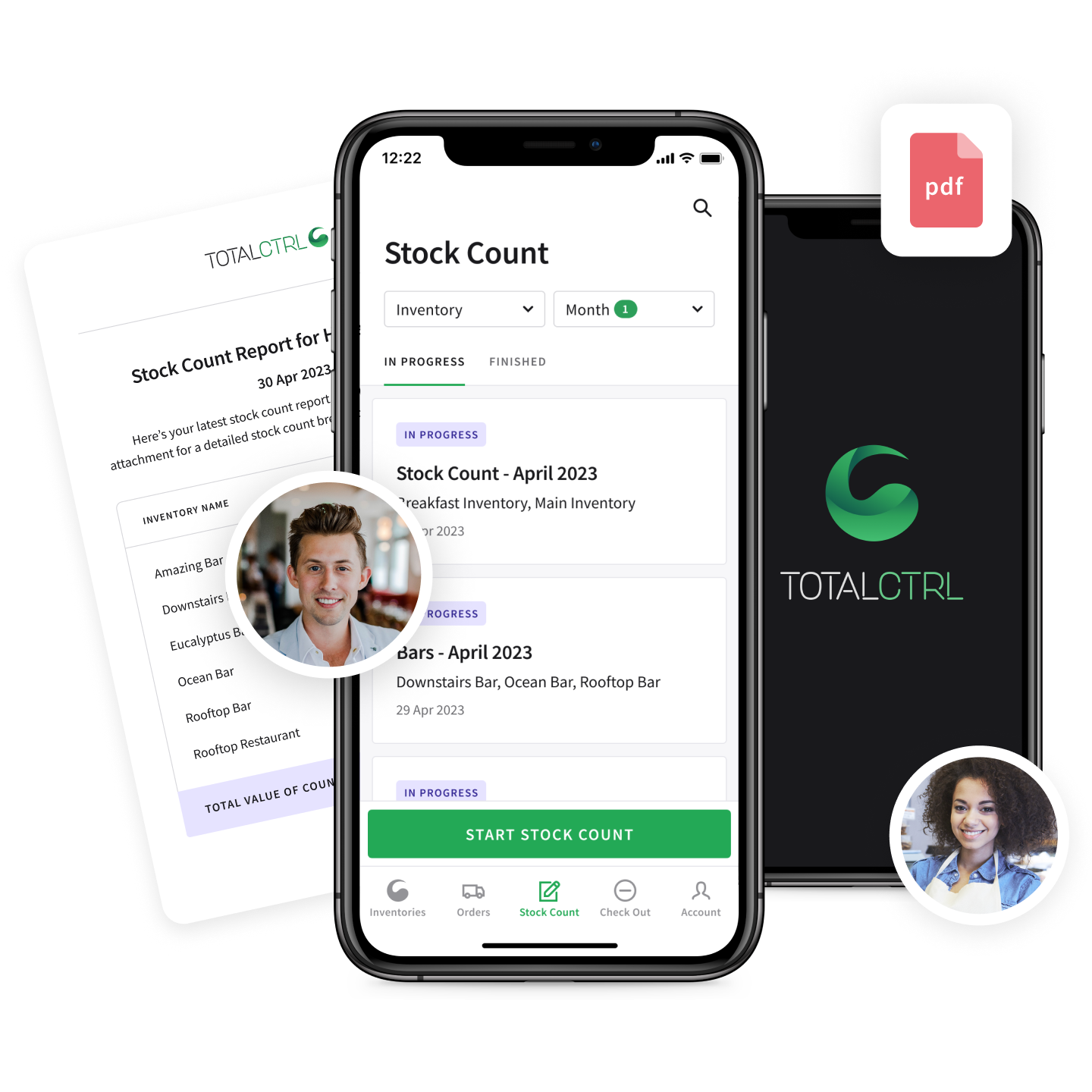Selling products online has become a popular and lucrative way to reach a global audience. Whether you're a small business owner or an established brand, choosing the right platform to sell your products is key to reaching your target customers and increasing sales. Here are some of the best platforms to sell your products online:
1. Amazon
Amazon is one of the most popular and widely recognized e-commerce platforms in the world. With millions of shoppers globally, it offers an unparalleled reach.
Pros:
- Massive audience with over 300 million active customers.
- Trusted by customers, which increases the likelihood of purchases.
- Fulfillment by Amazon (FBA) allows for easier inventory management and quicker shipping.
- Advanced tools for marketing and advertising your products.
Cons:
- High fees (including listing fees, FBA fees, and referral fees).
- Intense competition, especially in popular product categories.
- Limited control over branding and customer relationships.
2. Etsy
Etsy is a marketplace primarily for handmade, vintage, and unique products. It's perfect for entrepreneurs selling creative goods like jewelry, home decor, and crafts.
Pros:
- Focuses on unique, handcrafted, and vintage products, making it ideal for creative businesses.
- Strong community of buyers interested in personalized and niche items.
- Easy-to-use interface for setting up a shop.
Cons:
- Limited exposure compared to massive platforms like Amazon.
- Transaction and listing fees can add up.
- Requires you to stand out among other handmade or vintage sellers.
3. Shopify
Shopify is a popular e-commerce platform that allows you to create your own online store. It's perfect if you're looking for full control over your branding and customer experience.
Pros:
- Complete control over your store's design and branding.
- Highly customizable with various themes and apps.
- Integrated tools for marketing, SEO, and analytics.
- Supports multi-channel selling (sell on social media, Amazon, eBay, etc.).
Cons:
- Monthly subscription fees (basic plan starts at $39/month).
- Requires more effort for driving traffic to your store, as it's not a marketplace with built-in buyers.
- Limited in terms of international sales support compared to global marketplaces.
4. eBay
eBay is one of the oldest online selling platforms and remains a popular option for auction-style and fixed-price listings. It’s great for secondhand, vintage, and niche items.
Pros:
- Wide range of product categories and diverse customer base.
- Flexible selling options, including auctions, fixed-price listings, and bulk listings.
- Global reach and shipping options.
- Buyer protection policies can build trust.
Cons:
- Fees (listing fees and final value fees).
- Highly competitive, especially for certain categories.
- Limited customization options for storefront design.
5. Wix
Wix is a website builder that offers an e-commerce feature, allowing you to build your own online store. It's perfect for those who want to create a professional-looking website without any coding skills.
Pros:
- Easy drag-and-drop website builder with a range of customizable templates.
- Affordable pricing plans (starting as low as $23/month for e-commerce features).
- Fully customizable design and layout options.
- Includes marketing and SEO tools.
Cons:
- Less powerful e-commerce features compared to dedicated platforms like Shopify.
- Limited scalability for large stores.
- Transaction fees on certain plans.
6. BigCommerce
BigCommerce is another e-commerce platform that allows you to build your own online store, similar to Shopify. It's ideal for scaling businesses with large catalogs.
Pros:
- Great for businesses looking to scale with advanced e-commerce features.
- Offers more built-in features than many other platforms (e.g., built-in shipping, payments, and marketing tools).
- No transaction fees.
- Integrates with major marketplaces (e.g., Amazon, eBay) and social media platforms.
Cons:
- Higher pricing compared to Shopify (starting at $39/month).
- Can be overwhelming for beginners due to the large number of features.
- Limited design customization options without using third-party themes.
7. Facebook Marketplace
Facebook Marketplace allows you to sell products directly to people in your local area, but it has also expanded to enable businesses to sell to a broader audience.
Pros:
- Easy to use, especially for those who are already familiar with Facebook.
- No listing fees for individuals (businesses may need to use Facebook Shops, which may include fees).
- Great for selling locally, but can also reach customers globally via Facebook’s platform.
- Integration with Facebook ads to target specific customer segments.
Cons:
- Limited features for advanced e-commerce needs.
- Less professional feel compared to a dedicated website.
- Competitive marketplace with many low-cost products.
8. WooCommerce
WooCommerce is a WordPress plugin that turns your website into an online store. It’s perfect if you already have a WordPress site or want more control over your store’s features and layout.
Pros:
- Highly customizable, especially for those with WordPress experience.
- No monthly fees, but you may need to pay for hosting, themes, and plugins.
- Large ecosystem of third-party plugins and themes.
- Great for building an SEO-friendly site.
Cons:
- Requires some technical know-how (or willingness to learn).
- Needs separate hosting and security options.
- Customer support is more community-based than with hosted platforms.
9. Instagram Shopping
Instagram Shopping allows businesses to sell directly through their Instagram profiles, using shoppable posts and stories.
Pros:
- Direct integration with Instagram’s large user base (over 1 billion active users).
- Great for visually-driven products, such as fashion, beauty, and lifestyle items.
- Allows easy direct shopping through posts, stories, and ads.
- Perfect for businesses with an active social media presence.
Cons:
- Requires a business profile and set up with Facebook Shops.
- Limited to mobile shopping experiences.
- Not ideal for every product type.
10. Alibaba
If you're looking to sell wholesale or bulk products, Alibaba is a great platform. It connects you with buyers worldwide who are interested in sourcing large quantities of products.
- Pros:
- A global platform that connects you with international buyers.
- Focus on bulk purchasing and wholesale transactions.
- Great for manufacturers and suppliers.
- Cons:
- Best suited for businesses selling in bulk or manufacturing.
- High competition with other suppliers.
- Requires significant time and investment to stand out.
11. Rakuten
Rakuten is Japan's leading e-commerce platform, which also offers international selling options. It is often referred to as the "Amazon of Japan."
Pros:
- Access to a large, loyal customer base in Japan and other regions.
- Low fees and the opportunity to build a customized storefront.
- Strong customer support and vendor resources.
Cons:
- Smaller audience compared to giants like Amazon.
- Requires some expertise in setting up a store.
Conclusion
Choosing the best platform to sell your products online depends on your business goals, product type, and customer base. If you want global exposure and a trusted marketplace, Amazon or eBay might be the best fit. For handmade or creative products, Etsy is ideal, while Shopify or BigCommerce gives you full control over your brand. Platforms like Facebook Marketplace and Instagram Shopping offer seamless integration with social media, making them perfect for businesses looking to build an online presence. Ultimately, the best platform will depend on your business needs, so explore each option and select the one that aligns with your goals.


















0 comments:
Post a Comment
We value your voice! Drop a comment to share your thoughts, ask a question, or start a meaningful discussion. Be kind, be respectful, and let’s chat!